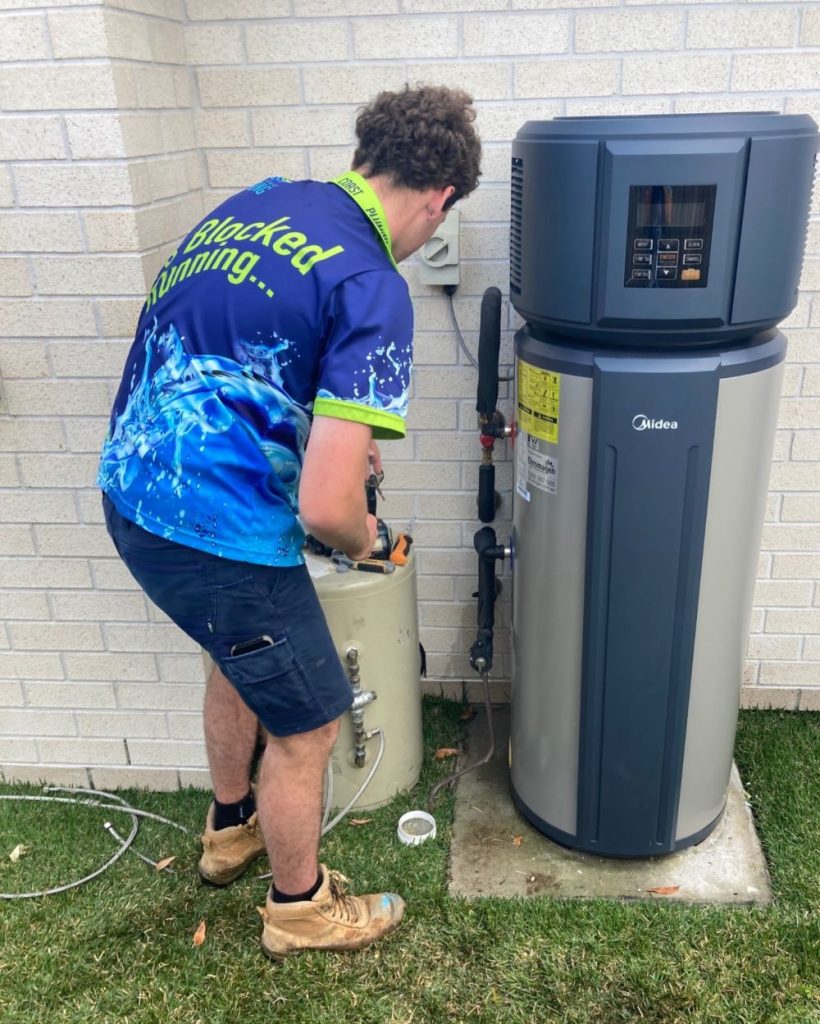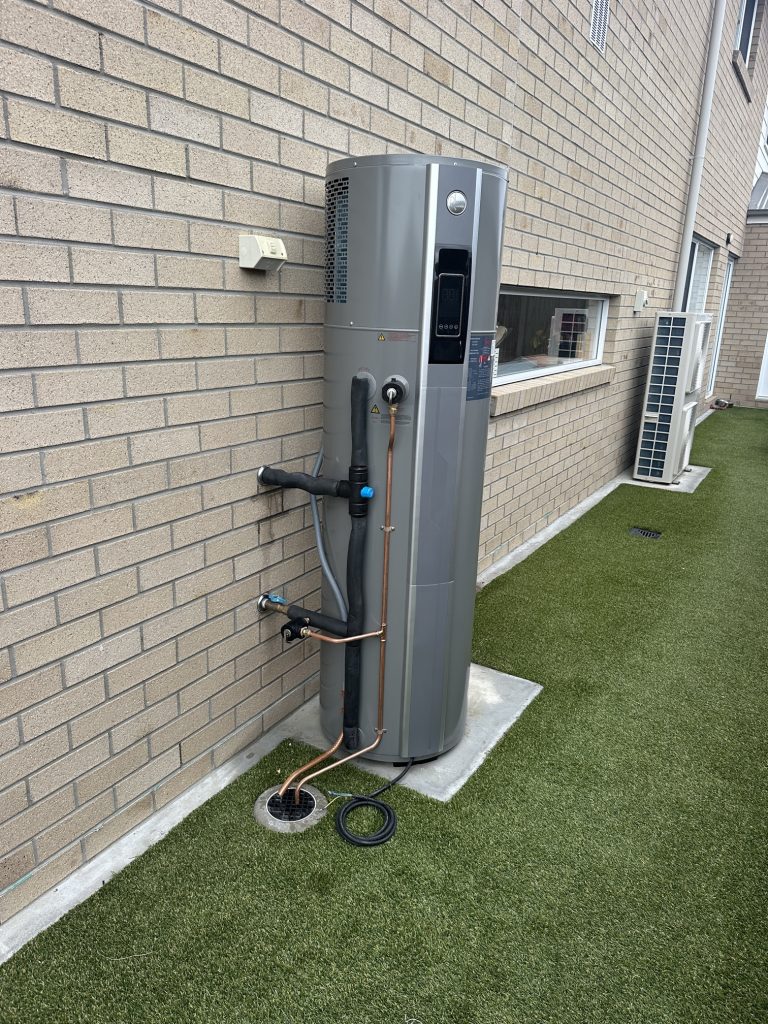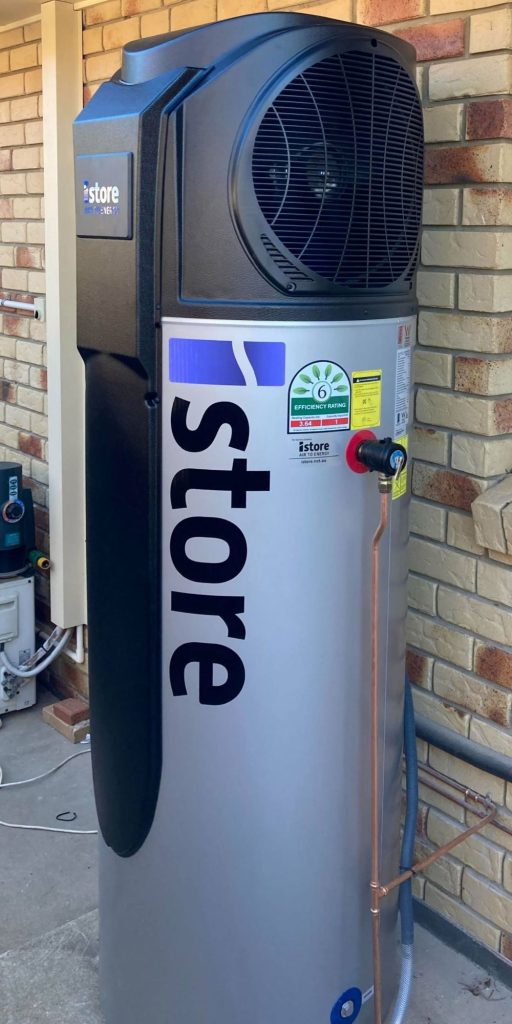Overcoming the Unique Challenges of Selecting Hot Water Systems for Queensland’s Climate
When it comes to selecting the ideal hot water system for your home in Queensland, it's essential to go beyond simply choosing a brand or considering the capacity of the unit. A thorough comprehension of various crucial factors, such as the local climate, humidity levels, electricity tariffs, and the daily hot water usage of your household, plays a significant role in determining the system's overall effectiveness and efficiency. As energy prices continue to rise, an increasing number of households are turning to heat pumps for their superior energy efficiency and sustainable design. However, it’s vital to remember that these systems may not be appropriate for every type of property. Therefore, carefully assessing all relevant elements is necessary to ensure optimal performance and longevity of your chosen hot water solution.
This article seeks to delve into the operational effectiveness of heat pumps within Queensland’s varied climatic conditions, pinpoint which types of residences benefit the most from these advanced systems, and dispel prevalent myths that could result in subpar performance or misguided system selections.

Enhancing the Efficiency of Heat Pumps in Coastal Queensland Regions
Heat pump water heaters function by extracting thermal energy from the surrounding ambient air. Their efficiency significantly increases as air temperatures rise. In the coastal regions of Queensland, particularly in renowned areas like the Sunshine Coast, Brisbane, and the Fraser Coast, average air temperatures generally remain above 5°C, even throughout winter. This consistent level of warmth enables heat pumps to operate effectively all year long without requiring electric boosting or supplementary heating elements, which are commonly necessary in cooler climates. By harnessing this natural energy, homeowners can benefit from lower energy bills while also reducing their carbon footprint.
Understanding Key Environmental Factors that Enhance Heat Pump Performance
| Factor | Impact on Heat Pump Functionality | Coastal QLD Efficiency |
|---|---|---|
| Average ambient temperature | Higher = more efficient operation | ✓ Consistently maintained above 5°C |
| Humidity levels | Moderate improvements | ✓ Generally high and stable |
| Access to off-peak electricity | Lower operational costs | ✓ Widely available in most regions |
| Roof shading | Not a significant factor | ✓ No detrimental impact on system |
| Direct sunlight exposure | Not a necessity | ✓ Functions well in shaded conditions |
Identifying Conditions Where Heat Pumps May Underperform
Although heat pumps offer numerous advantages, specific circumstances in Queensland can hinder their performance, leading to less than optimal outcomes:
- Inland or elevated areas
In locations such as Toowoomba or the Hinterland, overnight temperatures can drop significantly during the winter months. In these scenarios, certain heat pump models may struggle to achieve peak efficiency without the assistance of a booster element, consequently resulting in increased energy consumption and costs. - Constricted or poorly ventilated outdoor spaces
Heat pumps require adequate airflow around their compressor units for efficient operation. In tight or enclosed environments, the efficiency of heat extraction may diminish, and operational noise could rise, causing potential disturbances for residents. - Large households with high water demands
In dwellings with more than six residents, systems designed for greater water storage or faster recovery times, such as solar-boosted gas systems, may be more effective in meeting substantial hot water needs in an efficient manner.
Addressing Common Misconceptions Regarding Heat Pumps in Queensland
“They become ineffective during winter.”
This misconception may hold true for colder southern climates; however, it does not apply to Queensland. In regions where average temperatures consistently exceed 5°C, heat pumps maintain their efficiency throughout winter months, providing dependable hot water solutions even during cooler periods.
“Solar panels are essential for heat pumps to function.”
This statement is misleading. Heat pumps can operate independently of solar photovoltaic (PV) systems, although integrating them with solar energy can further enhance your energy savings and sustainability.
“Heat pumps are excessively noisy and disruptive.”
Modern heat pump systems are designed to operate much more quietly compared to older models. When installed correctly in well-ventilated areas, the noise produced by the compressor unit is typically minimal, allowing for a comfortable living environment.
Effective Strategies for Optimising Heat Pump Installation and Performance in Queensland
- Select a system specifically designed for Australian conditions
Opt for models that feature high-efficiency ratings and reliable local support, such as istore or Stiebel Eltron, which are renowned for their performance in the Australian climate. - Install in a well-ventilated but shaded location
While heat pumps do not require direct sunlight, they need adequate airflow around the unit to operate efficiently and effectively. - Utilize timers or smart controls
By programming the system to function during periods of solar power generation or off-peak electricity hours, you can significantly enhance energy savings while reducing costs. - Properly size your system
A capacity of 250–300 litres is generally adequate for the needs of the majority of families. An undersized system may lead to performance issues and increased reliance on boosting mechanisms, thereby escalating energy consumption.
Understanding the Importance of Local Expertise for Successful Heat Pump Installations
The successful installation of a heat pump necessitates a tailored approach to achieve optimal results. The best outcomes are achieved through collaboration with a local plumber who possesses expertise in:
- Performance tailored to local climatic conditions, ensuring maximum efficiency
- Eligibility for rebates such as Small-scale Technology Certificates (STCs) and various Queensland government incentives designed to encourage energy efficiency
- Optimal placement and ventilation strategies for the unit to enhance performance
- Integration with solar PV systems or battery storage solutions, if applicable, to maximise energy efficiency
At Creek to Coast Plumbing, we specialise in delivering and installing high-performance hot water systems, including heat pumps, across the Sunshine Coast and Moreton Bay regions. Our dedicated team is committed to helping you determine which type of hot water service will best meet your requirements. As the demand for energy-efficient hot water solutions continues to escalate, many individuals are comparing solar options with heat pumps. We will evaluate the specific conditions of your home, recommend the most suitable system, and ensure you are equipped for maximum efficiency.
Discover more information about our Heat Pump Hot Water Installations or reach out for a personalised recommendation tailored to your specific needs.
The Article: Heat Pumps in Queensland: Effective Solutions and Pitfalls first appeared on https://writebuff.com
The Article Heat Pumps in Queensland: Benefits and Challenges Explained Was Found On https://limitsofstrategy.com


